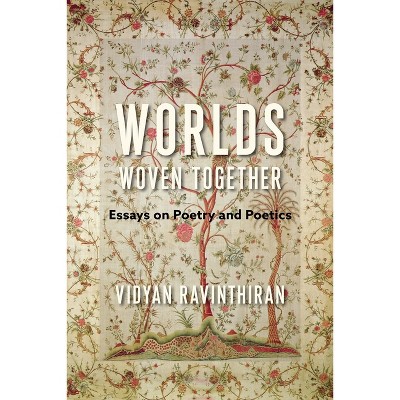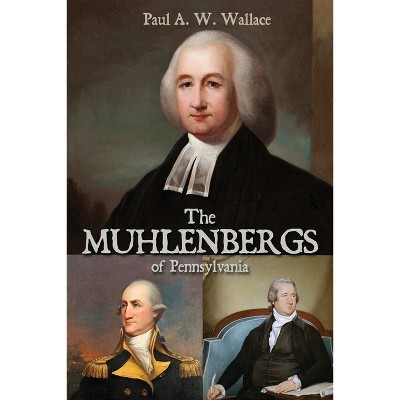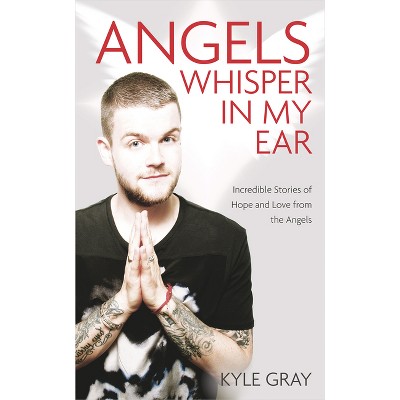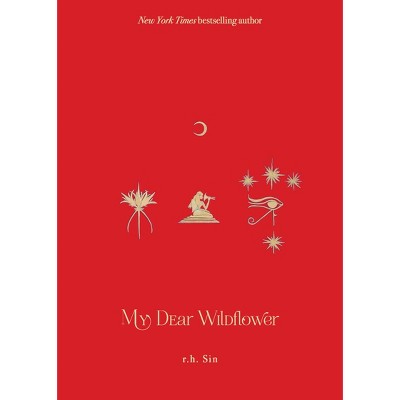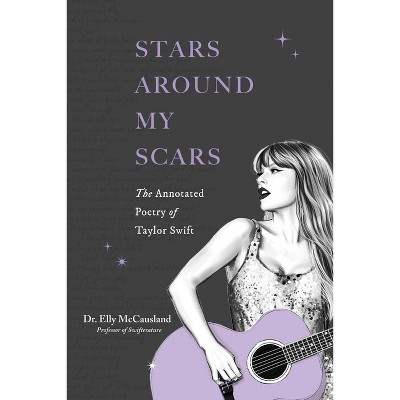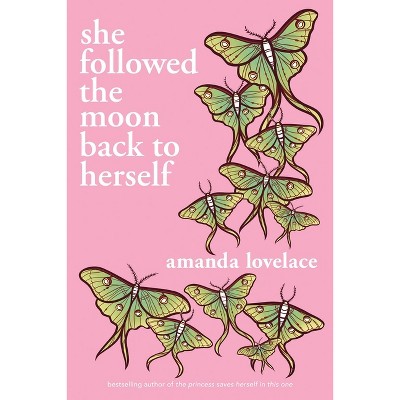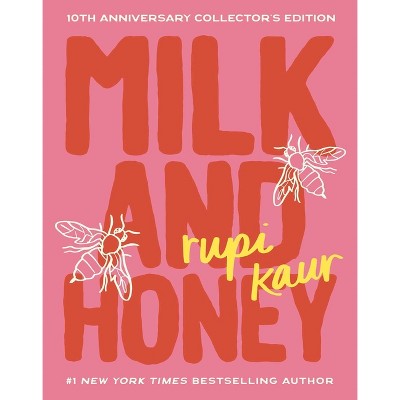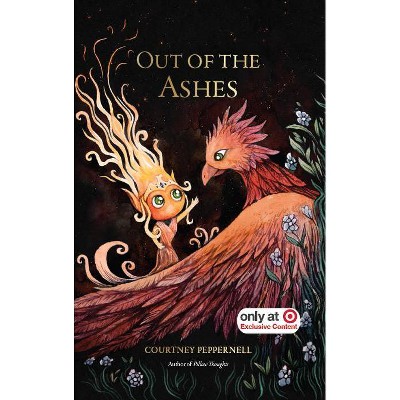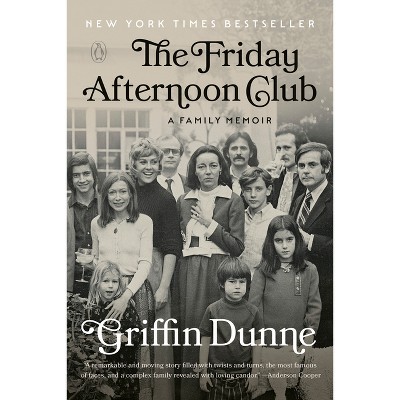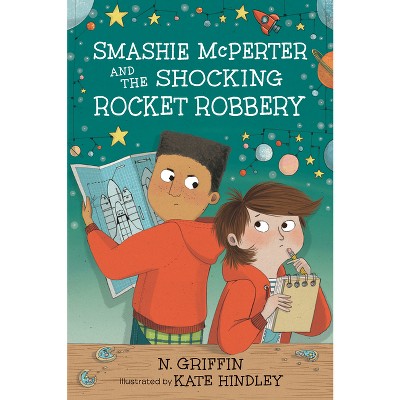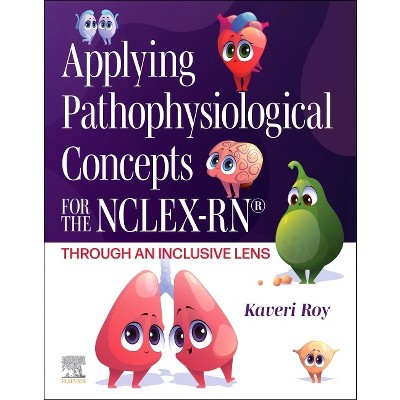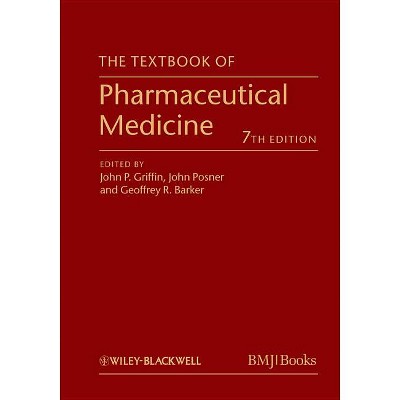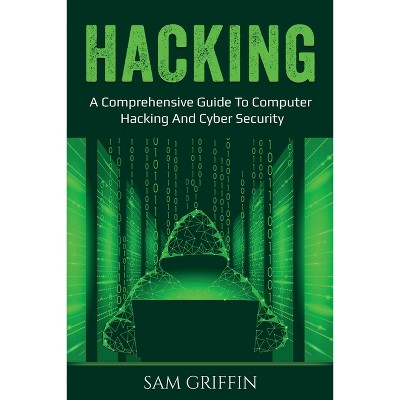Sponsored

Single Lens Reflex - by Brian Griffin (Paperback)
In Stock
Sponsored
About this item
Highlights
- On July 27, 2008, a man pulled a sawed-off shotgun from a guitar case and fired randomly into a crowded sanctuary during a youth-led worship service at Tennessee Valley Unitarian Universalist Church in Knoxville, Tennessee, where the Brian Griffin was director of Religious Education programming.
- Author(s): Brian Griffin
- 102 Pages
- Poetry, American
Description
About the Book
"A gunman opened fire on the congregants at the Tennessee Valley Unitarian Universalist Church in 2008. Brian Griffin bears witness to his experience surviving this tragedy and living in its aftermath in his collection of poems, Single Lens Reflex"--Book Synopsis
On July 27, 2008, a man pulled a sawed-off shotgun from a guitar case and fired randomly into a crowded sanctuary during a youth-led worship service at Tennessee Valley Unitarian Universalist Church in Knoxville, Tennessee, where the Brian Griffin was director of Religious Education programming. The worship service was intended to be a production of the play Annie, Jr. produced by children of the church, under the tutelage of our Director of Music. Instead, just as a child spoke the opening words of the play, a man who hates liberalism opened fire. Two people were fatally wounded and seven others were also shot before church members wrestled the man to the ground, about five seconds after he opened fire. He got off three shots. After he was subdued, there were 73 unfired shotgun shells scattered across the floor. About one-hundred children and teens, many of them in his Religious Education program, witnessed this bloody scene. Some of the children were splattered with blood. One of the dead was the author's close friend who died in Sunday light after shielding others with his body.
Many of the poems attempt to replicate some sense of the immediate horror and dissociation of trauma that that the author experienced as he watched things unfold in real time. Those constitute the first section, "Lens." Others, in the "Mirror" section, are reflections on the event and what it might mean, filtered through his anxiety and traumatic memories. Still others are an exploration of ideas of healing and renewal ("Image") to the extent that he has found such things to be possible.
The author's intent throughout is to reflect honestly on his experience. He wants to approximate, for the reader, how mass murder disconnects and in other ways reconnects its survivors to and from the quotidian. He shows the reader what happened, and to do so in a way that simply telling the story cannot-to guide the reader through a facsimile of trauma. These are not "therapy" poems. These are attempts to share a glimpse into raw, hard horror, and the long struggle that ensues.
Review Quotes
Brian Griffin's voice did not shatter when he witnessed the mass shooting at the Tennessee Valley Unitarian Church, July 27, 2008. It took time, but the poet's voice was forged in the blood and steel of that terrible event, and in the memories. Formally inventive, these poems show us how even the most difficult stories can be told if one is determined to bear witness. Brian Griffin's determination is fierce, wrapping us in the sounds of his humanity, vulnerability and strength. We need these poems, to translate hell's agony and help us emerge, hand in hand. Carolyn Forché's The Country Between Us, about El Salvador's bloody past, is an apt reference in Griffin's collection. Dante's Inferno comes to mind, as voices speak from the flames. Brian Griffin is our poet, neighbor, truth-teller about the kind of devastating event we must work harder to prevent.
To bear witness is a questionable honor. To witness can be an unbearable weight, a haunting, a psychic implosion, an excruciating movie played over and over until the remembered event becomes the now, the only reality alive in the head and body. So where does honor come in, the strange fruit of memory that can only be released to another form by an equally excruciating effort? In his stunningly kickass debut poetry collection, Single Lens Reflex, Brian Griffin does just that-and more. Since witnessing a horrific shooting one summer day amid preparation for a children's play at the Tennessee Valley Unitarian Universalist church in Knoxville, 2008, Griffin has grappled emotionally, creatively, every which way. This book is one result of his struggles, which despite the violence on every page, is a marvel of craft and voice and music, verses as shattered as that day, with Civil War/Lost Cause ironies abounding. "Oh help us in the aftermath," Griffin pleads, but the only help lies in his own jagged song, line after shining line. We may question God, faith, innocence, loss, sacrifice, meaning and goodness where none seem to exist, sanctuary itself-but we must not kill the messenger who holds the broken mirror, forcing us to see deeply and not turn away, for he has already died a thousand deaths. But above these questions is the essential work of the poet to stop time, to strap on our collective grief, to walk among us in bloodstained shoes into that Valley of the Shadow, to say the unsayable, to live the unlivable and reflect it back in ways that, somehow, allow us to piece ourselves back together again, to imagine what healing might look like.
I feel as if I've been holding my breath as I read this collection by Brian Griffin. These poems offer an antidote to poetry which glibly rejects the true nature of human brutality. The opening words alert us that Single Lens Reflex "is a book not of healing, but of witness. Not of solace, but of pain." These poems are genius in their unflinching focus into the face of violence, "a glimpse into raw, hard horror." The earnest reader will find these poems brutally visceral, the imagery gory but necessary in its excruciating clarity. Any hope here is a bit "meta," if readers consider the difficult emotional work Griffin has done for years to write these honest, incredibly well-crafted and even beautiful poems. We witness the repeated, awful nanoseconds of terror, as through a camera's shutter. But these violent snapshots feel eternal, like all powerful art. These are important American poems, and we should be grateful to Brian Griffin for never looking away. These poems are miracles of survival.

